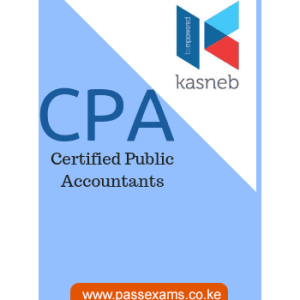Description
Legal writing and drafting
- During the period of the monopoly of the new reformed Telcom Kenya (previously known as Kenya Posts & Telecommunication Corporation) in the telecommunication sector, an applicant for a private telephone connection was subjected to very rigid procedural rules. One was required to disclose, amongst others, his personal details such as postal and physical addresses and their National Identification Number.
Towards the end of the 1990’s the telecommunications sector was liberalized. Like in most other sectors the consequence of this was to open room for other players and competitors. It would appear that there were no adequate preparations for handling the plethora of activities that have
been witnessed in the sector in the recent past. Several companies are now fighting for shares in the mobile phone industry. It is estimated that there are close to 18 million mobile phone subscribers in the country.
While the focus of the Government has been on the licensing and regulation of the sector’s market players, little attention has been paid to the users of the services and products of the mobile phone Industry. There have been cases of criminals buying subscriber module (SIM) cards and then employing them in executing criminal activities. Phones are now used in aid of child abductors/kidnappers in extorting money from their targets.
Cases of ordinary individuals using temporary lines and SIM cards to make anonymous calls or send offending text messages using short message services (SMS) to abuse or threaten their enemies are still rampant. Mobile phones are also reportedly used to aid cheating by candidates in examinations.
Questions have emerged on the issue of who could own a mobile telephone line and whether some restrictions ought to be imposed on the users. Consequently the 2015 regulations on registration of SIM cards have been formulated.
- Draft salient points of the Government Policy to give effect to the regulations. (5 marks)
- Prepare appropriate legislative drafting instructions. (3 marks)
- Draft a Bill for introduction in Parliament, with due consideration of rights and obligations, supervision, penalties and transitional issues. (7 marks)
ATP 103 Legal writing and drafting 2015-1-2




Reviews
There are no reviews yet.